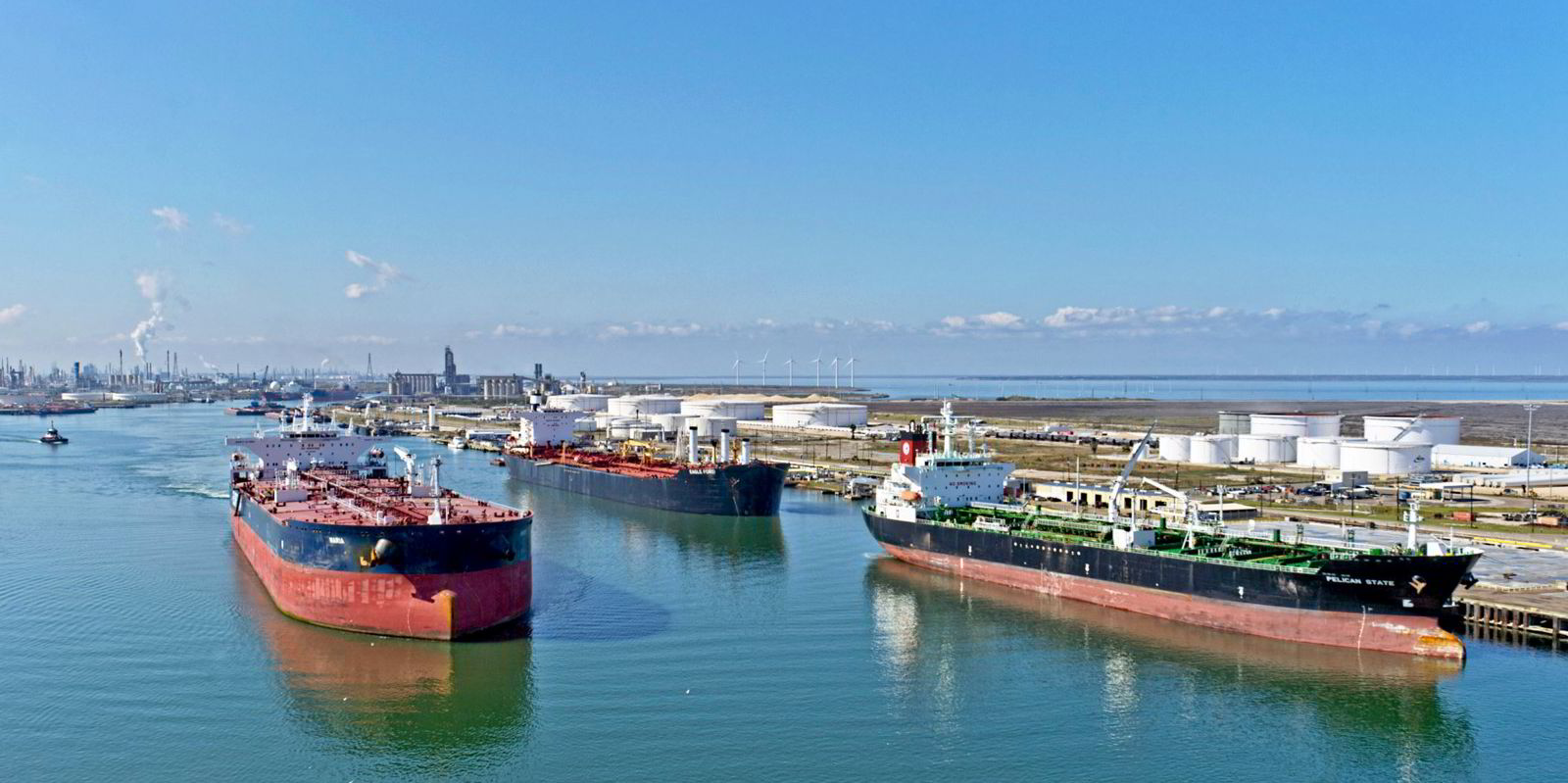Signal Maritime claims to have boosted the earnings of its aframaxes after a decision earlier in the year to reposition most of them west of Suez, particularly in the US.
Signal, which manages about 20 such tankers, attributed this to "a bold strategy based on detailed analysis of seasonality, Covid-related effects and vessel supply-demand".
The move dented earnings in the short term between August and October, when the repositioning took place. Data posted on Signal’s website shows the pool's average monthly net time charter equivalent earnings (TCE) ranging between $8,700 and $9,800 per day over the period.
Income more than doubled, however, after the expected freight rate jump in the west materialised. Net TCE reached an average $20,800 per day in November and $18,100 per day in December, according to a Signal statement on 16 December.
"Our considerable west exposure resulted in long and strong fronthauls, significantly lifting our pool partners' earnings," chief executive Panos Dimitracopoulos said.
According to Signal's website, its aframax fleet openings west of Suez never dropped below 60% of the total since September.
Finding the right cargoes and market levels to execute this strategy with the lowest possible hit on performance was "not easy", Signal said on its website.
Amid lacklustre tanker earnings this year, spot freight rates in the Atlantic basin saw an uptick over the last couple of months, considerably outperforming comparable rates in Asia (see graph).
Average aframax spot rates between Corpus Christi and Rotterdam, which Clarksons uses in its weekly report as a benchmark for a single voyage from the US Gulf to the UK, rose to $18,540 per day in the week to 10 December — compared with an average $12,388 per day for the entire aframax sector.
A single voyage between the US Gulf and the Caribbean fetched an even higher $23,065 per day, according to Clarksons.
Throwing down the gauntlet
The Signal Maritime Aframax Pool (SMAP) earned an average TCE performance of $11,000 per day so far this year, according to the statement.
Signal started releasing weekly updates of SMAP’s earnings performance earlier this year. The company plans to soon unveil such figures for its separate pool of 16 MR tankers as well, and challenged competitors to emulate the move.
"We look forward to seeing more commercial operators publishing their net of all fees results," Dimitracopoulos said, adding: "We love transparency and strongly believe that any interested party should be able to easily access the performance of all commercial management options."

Ioannis Martinos-led Signal counts on its proprietary Signal Ocean data platform to reel in clients by blending artificial intelligence with chartering know-how.
The MR tanker pool it set up earlier this year got a boost after signing up 10 vessels from Shell, in what was the oil major’s first ever cooperation with a pool.
The latest newcomer to its aframax pool is GNMTC’s 115,600-dwt Aljalaa (built 2007), which brings SMAP's total size to 21 vessels.
Other SMAP clients include US-listed Performance Shipping, Songa Shipping, Capital Maritime, Great Eastern Shipping, Castor Maritime and Ionic Shipping


